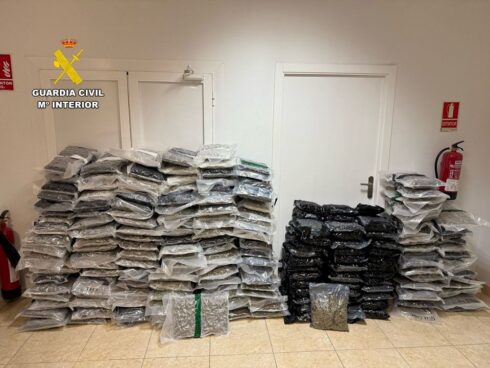Tests carried out decades ago revealed the presence of chemicals in the groundwater resources at a Marine Corps outpost in North Carolina. Camp Lejeune was the location in question, and various wells had to be closed.
The Military, however, took a while to address the issue. The results have caused countless military veterans and their dear ones to suffer. The effects of the chemicals were long-lasting, and victims are still dealing with monetary and non-monetary problems.
The impacted persons continue to pursue compensation today. They might also decide to participate in the lawsuit against Camp Lejeune Toxic Water.
The Camp Lejeune Justice Act Might Permit Legal Actions
The earliest indications of toxins in Camp Lejeune date back to 1946, according to officials. Up to the late 1980s, people were drinking and taking baths in contaminated water. Family members in the region were exposed to hazardous chemicals, as were service members.
At least a million victims are thought to have been affected. Contaminants have caused various diseases and other health problems. The impacted residents consequently accrued a large amount of debt. Some people have made an effort to get paid.
There was a time limit for when victims of Camp Lejeune’s toxic water injuries could file a personal injury lawsuit in North Carolina. However, many military veterans and their households were unaware of the safety risk during the period. They lost the limitation period when they realized the contaminated water caused their medical issues.
The sufferers have attempted to obtain retribution for several years. The court kept dismissing their arguments. A recent bill referred to as Camp Lejeune Justice Act was brought to Congress this year. If the bill is passed into law, it might give servicemen and their households the ability to sue for compensation.
Who May Participate in the Water Contamination Suit at Camp Lejeune?
The Camp Lejeune Justice Act specifies who is eligible to pursue legal action. Anyone who spent at least 30 days living at MCAS or Camp Lejeune will be the first eligible group. The range of acceptable residency dates is between August 1953 and December 1987. Both servicemen and their family members are subject to the requirement.
Any individual who served in the facility during the stated period is also entitled to compensation. Not every resident of Camp Lejeune was a serving individual. Instead, a number of them worked as civilian contractors. To be eligible for compensation, they had to have used the grounds for no less than a month.
Finally, anyone exposed to harmful toxins is entitled to compensation. People who were exposed while still in the womb are also included.
Of course, a member of any group must have contracted at least any of the camp Lejeune ailments the CDC listed. You can file a lawsuit if you satisfy the requirements. A lawyer can guide you through the challenging process.
Building The Case For Camp Lejeune Toxic Water Suit
After you take legal action over Camp Lejeune groundwater pollution, your attorney builds your lawsuit by gathering evidence. For a claim to successfully prove negligence, there must be evidence.
Among the papers you might require are:
- Evidence of residency. Everyone who lives there is entitled to compensation. You can learn from your attorney which records indicate that you resided at MCAS or on the outpost.
- Records of military service. Veterans from the facility must have documentation detailing their service history, including locations and dates.
- Evidence of work. Some of the employees at Camp Lejeune may be entitled to compensation because they were civilian workers. They must provide proof that they were working on the base under contract during the period.
- Patient records. Diagnoses, medical records, and test outcomes prove that the patient developed a serious illness. Furthermore, medical data can prove a link between an ailment and the tainted water at the base.
Other important documents are proof of employment, medical costs, evidence of benefits for disabilities, etc. Hire a lawyer early on in the litigation process. Your attorney can gather the proof and develop a compelling argument with enough time.








